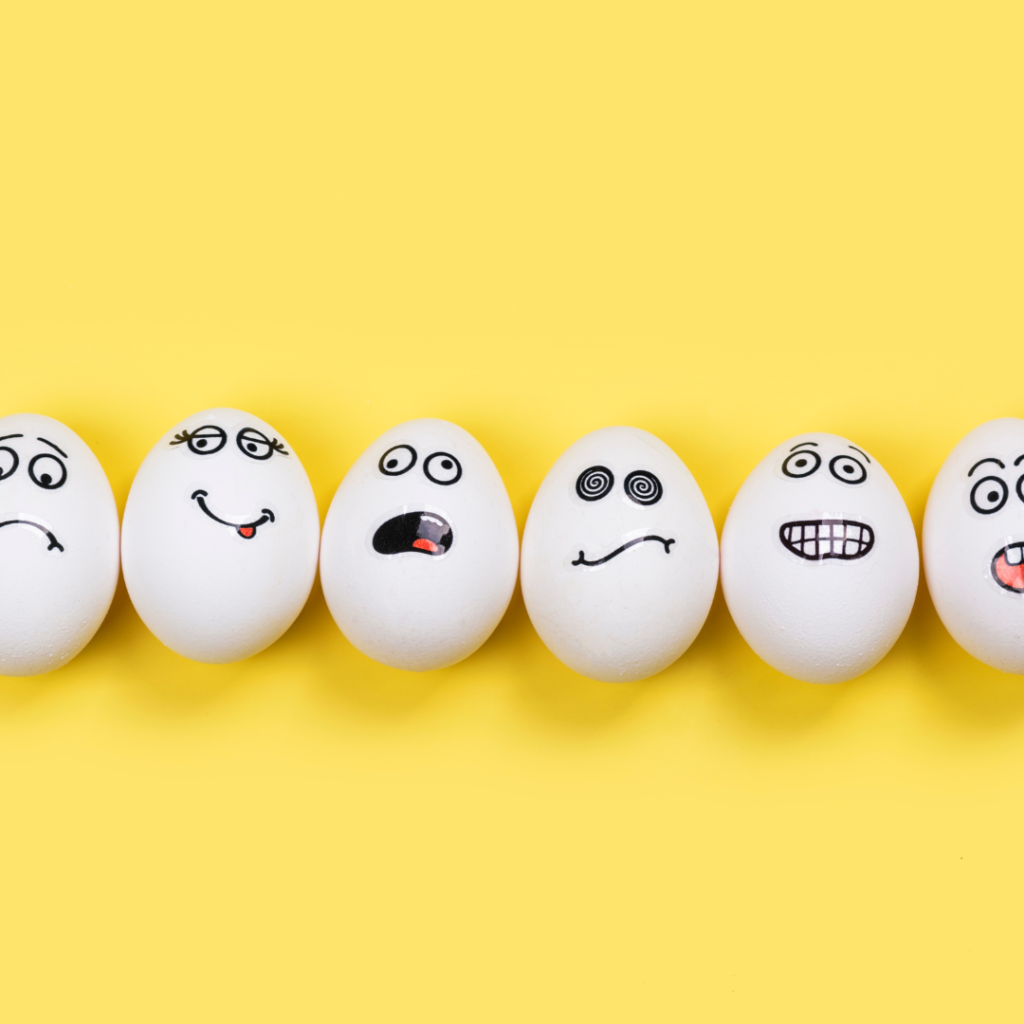
Have you ever thought about how the food that we eat can affect our mental health, either positively or negatively?
There has been a lot of research done recently on the connection between food and mood. As a matter of fact, the Food and Mood project led by several large government agencies is an effort to examine this connection in order to improve the emotional wellness of our youth.
On a smaller more personal scale, I recently witnessed this connection first-hand with my 16-year-old. I picked her up from a friend’s house and noticed that she was very on edge and ravenously hungry. When I asked what she had eaten for breakfast, she mentioned waffles with maple syrup. As her dietitian mother, my first thought was, ‘Ok, she did have breakfast, that is good!’ My next thought was, ‘What she ate had very little staying power.’ Her breakfast contained virtually no fiber, protein, or fat, the three components in food that help us feel full longer and stabilize our blood sugar. What she had done was spiked her blood sugar with refined carbohydrates in the white flour waffles and sugar in the maple syrup, which then came crashing down a short amount of time later leaving her feeling hungry and irritable. The food that she had eaten most definitely affected her mood, and not in a good way.
If we take this example of my daughter back to a larger and more long-term scale over many years, we can see why a poor diet can be linked to poor mental well-being. Researchers at the Center for Innovative Medicine at Johns Hopkins University are looking at the connection of food and mood at the microscopic level to examine the brain-gut connection and its effects on mental health. These researchers have found that the enteric nervous system (ENS), also referred to as the “brain in the gut” is important for understanding how food affects our mood and conversely how our mood affects everything in our gut. They note that “the gut produces 90 percent of the body’s serotonin and half of its dopamine.” These two “powerful neurotransmitters that affect mood, help the mind stay calm and focused, and are natural anti-depressants.”
One of the most important ways that we can take care of our gut so that it can do its job to positively affect our mood is to keep it in the right balance of different types of bacteria. These bacteria also help us digest our food, prevent infection and inflammation, manage our weight and blood sugar and maintain healthy liver function.
Foods that can help us optimize gut health
- Onions, garlic, soybeans, and artichokes, which are prebiotic foods that act as food for healthy gut bacteria.
- Yogurt, kefir, kimchi, and sauerkraut, which are fermented foods that contain healthy live bacteria.
- Bananas, that supply our gut with inulin, a type of fiber that helps good bacteria grow.
- Leafy greens, as they high in fiber and a type of carbohydrate that feed helpful gut bacteria.
- Whole grains, as these are broken down in the large intestine by gut bacteria through a fermentation process that creates acids that feed cells in our intestines and protects the gut from harmful bacteria.
- Tea, coffee and red wine, which contain polyphenols that fight inflammation and infection and promote the growth of good bacteria.
Conversely, eating a diet high in red meat, fried foods, foods containing antibiotics, alcohol, and too much caffeine is detrimental for our gut health, as these foods can disrupt the balance of bacteria in the gut and help bad bacteria grow.
You can probably guess that the next time I made my daughter waffles for breakfast that they were whole grain with some bananas sliced on top.
References
United States Department of Health and Human Services. Office of Disease Promotion and Health Promotion. ‘Food and Mood’. https://health.gov/news/202312/food-and-mood?source=govdelivery&utm_medium=email&utm_source=govdelivery. Posted on 12-13-2023. Accessed on 01.09.24.
Geng ZH, Zhu Y, Li QL, Zhao C, Zhou PH. Enteric Nervous System: The Bridge Between the Gut Microbiota and Neurological Disorders. Front Aging Neurosci. 2022 Apr 19;14:810483. doi: 10.3389/fnagi.2022.810483. PMID: 35517052; PMCID: PMC9063565.
Best and Worst Foods for Gut Health. https://www.webmd.com/digestive-disorders/ss/slideshow-best-worst-foods-for-gut-health. Medically reviewed on 04-01-22. Accessed on 01.10.24.
Don’t miss another great blog: Subscribe Now
